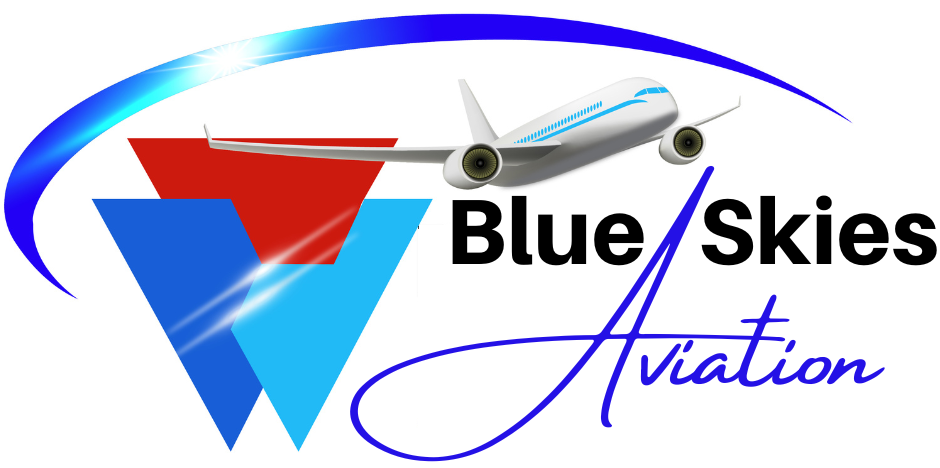We serve individuals, corporations and organizations that own or are planning to procure one or more corporate aircraft, whether a large international jet or a smaller, locally travelling turbo-jet or propeller aircraft. With the tax benefits written into law in 2018, whereby 100% of the cost of a new or used aircraft or upgrades can be written off in the first year rather than over time, jet ownership has become more appealing than ever before. (Read a Wall Street Journal article about this.)
While a jet provides great flexibility in travel—allowing you to deliver key people to targeted locations at the times of your choosing—it is an asset that requires careful management.
Like any major asset, a corporate aircraft requires care and knowledge in the asset acquisition process, accurate financial tracking (i.e., annual budget and cash flow forecasting), insurance, and monitored and tracked maintenance throughout the life of the asset. In addition, it involves such factors as hangar lease and FAA certificate renewals and, in some cases, when a partial recovery of some of the costs is sought, chartering out the aircraft for use by others during times of low activity. More than most other major assets, a jet can present high risks to the company’s structure in the form of the personnel and financial crisis that could be experienced should any key person be lost; therefore, attentive management is crucial.
Aircraft in the U.S. are subject to FAA (Federal Aviation Administration) guidelines for aircraft registration, airworthiness certification, pilot certification and continued operational safety. Aircraft traveling internationally are subject to ICAO (International Civil Aviation Organization) regulations as well as the specific CAA (Civil Aviation Authority) in the specific country. Air travel requires careful scheduling, coordination with airports and fixed-based operators, knowledge about how and when to deviate from planned routes as a result of weather or operational conditions, and record keeping.
And then there is the matter of personnel: identifying the right pilots and other crew (despite popular perception, not all pilots are equal in skill), engaging their services, training them not only in aircraft-specific operational and safety protocols but also in the high standards that C-level executives expect when traveling, ensuring that crew members maintain appropriate training and certifications; and scheduling, supervising and monitoring those crew members on an ongoing basis. All this takes someone who has an in-depth knowledge of the fraternity and of the industry.
Finally there is maintenance: training the flight crew in aircraft operating techniques that keep daily and long-term maintenance to a minimum, working with MROs (Maintenance Repair Organizations) and A&P (a particular level of Aviation Engineers certified to work on jet aircraft) for periodic maintenance as required by the aircraft manufacturer, and controlling the costs of that maintenance (control that is all too often lacking in corporate aviation programs).
We charge fixed management fees that are dependent on the extent of the services the client needs. Our operational service arrangement charges are based on actual cost plus a 15% markup (covering our time, knowledge and fees).
Benefits and Drawbacks to Different Approaches
Hire a managing pilot to oversee all these details in addition to operating the aircraft.
This approach can be a good fit for an owner with one airplane taking a limited number of flights each year. However, it is challenging for one person to stay out in front of the complex and increasingly changing nature of the world of regulations while trying to focus on being a safely operating crew member.
Set up an aviation department to do all or large portions of these services.
This approach can be right if your organization is managing multiple aircraft; that way, pilots and other personnel are in the organization’s employ, accounting can mesh with your accounting department, etc. But even large aviation departments may have a need to outsource some of the services we offer and we are there to help.
Hire one of the large companies specializing in aircraft management.
There are some benefits to volume and economy of scale that allow such companies to offer some services at a lower rate. However, some of these organizations are, unfortunately, known to take advantage of their owners, treating them as “just another number.” Their fees are based on comfortably covering all the anticipated costs—even when the actual cost turns out to be lower than projected, or when the charge was for a step in the maintenance schedule that was not actually necessary. Also, these companies are large and impersonal. The person who takes your call is likely to be a secretary who has no knowledge of your plane’s make or model or your specific needs as an owner.
Enter into an aircraft management package with Blue Skies Aviation / Savant Consultants.
You will experience the personal touch, communicating directly with our CEO. We will work up a package that provides you with only the services you need, at a reasonable cost.
